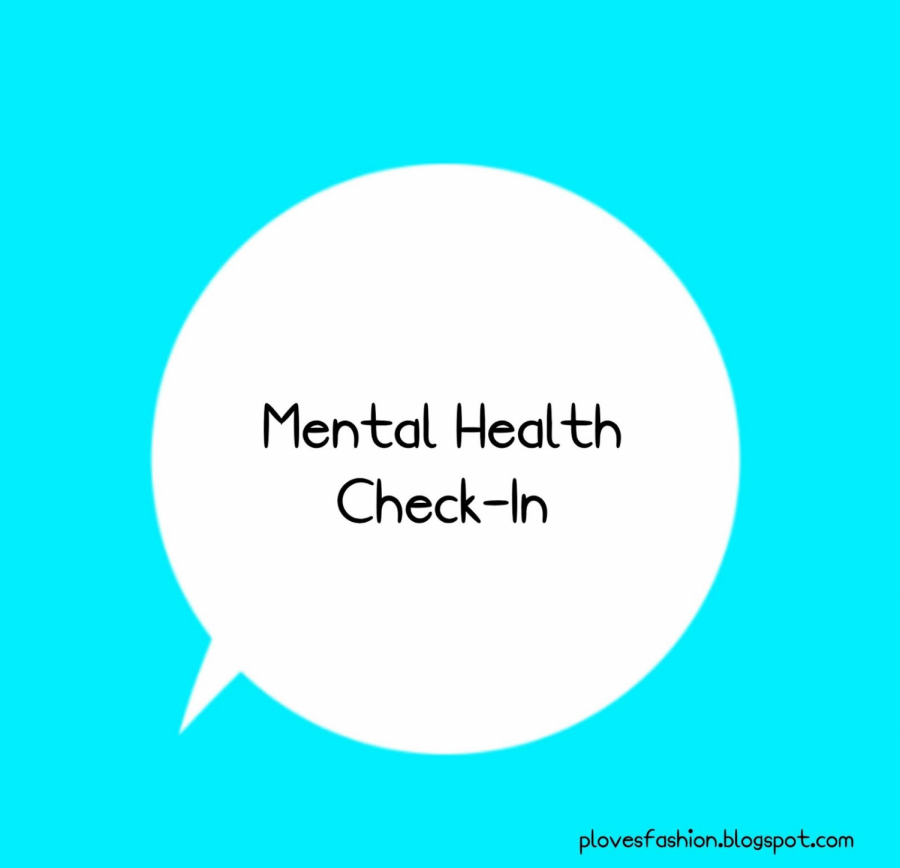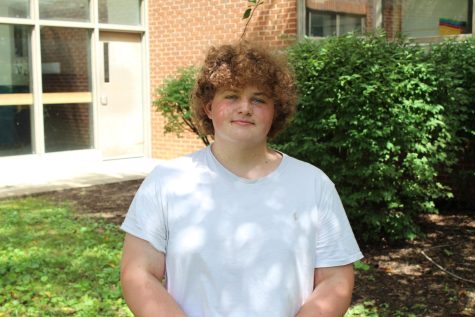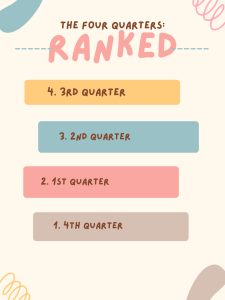Starting a Conversation About Mental Health
September 8, 2021
The views expressed in this article belong to the reporter, and do not reflect the views held by Rockbridge County High School, the Prowler Staff, and its members.
As I am sure we are all aware, quarantine was hard on everyone: kids, teens, adults, the lot of us. Being stuck at home for a year and a half definitely hit teenagers harder than anyone else. We are at an age when we are supposed to be going out with friends, socializing, interacting, so on and so forth. Quarantine stripped us of those things, to be frank, being stuck at home for a year and a half turned us into borderline agoraphobic hermits. Now that we are out of our shells and back in society (to an extent), our collective mental health has really taken a turn for the worst, be it pre-existing, COVID anxiety, or any number of other potential issues, no one is quite as okay as they were before we abandoned society for nearly two years. Now, I understand that not everyone is affected by issues such as these, and some are much more affected by them than others, but I felt obligated to write about them nonetheless.
Quarantine affected everyone differently, and yet the world was affected in its entirety. While many of these effects were negative, there was one that I found to be overwhelmingly positive: starting to end the stigma. Everyone was forced to sit at home with their issues and accept them, something which needed to happen to start to end the harmful stigma around mental health issues. While it is not done yet, so many people have been able to talk about their problems in ways that would have been entirely foreign before. Because of the slowly eroding stigma, everyone, particularly us bottled up teenagers, have found it easier than ever to talk about our issues. Be it with one another, with people who can help us get the help we need, the help we deserve.
As someone who has suffered a lifelong battle with depression and anxiety, as well as very severe social anxiety, quarantine started off as what seemed like a miracle. I won’t have to talk to anyone, was my first thought, which was quite frankly a heavenly idea; however, I quickly learned how much I actually relied on my close friends to keep me from going over the brink.
After the lockdown ended and we all got to start going out more, it was a lot harder to assimilate back into society than we thought. I personally was absolutely terrified to come back to school. Frankly, it has not gotten much better. I’ve barely spoken to anyone I do not know and I am working really hard to change the fact that I want to keep it that way. It is for this reason that I believe everyone in this school should not only work much harder to talk about the things that bother us, but also avoid letting these issues fester. Openness with our issues is so incredibly important, and quite frankly, it saves lives.
This is a subject which is quite truly one of the most significant issues imaginable. It is so difficult to talk about these issues, especially if you are suffering from them, but talking about them is really the only way to start making them better.
I say this from true, personal experience, please do not invalidate or ignore anyone who is suffering from any kind of mental illness. Invalidation is by far the most harmful thing you can do to someone who is suffering through this. I also say this from experience, if you are someone who fears they are suffering from any mental illnesses, please do not hesitate to ask for help. What is more important to remember than anything else, especially now, is that it is perfectly okay to not be okay.








